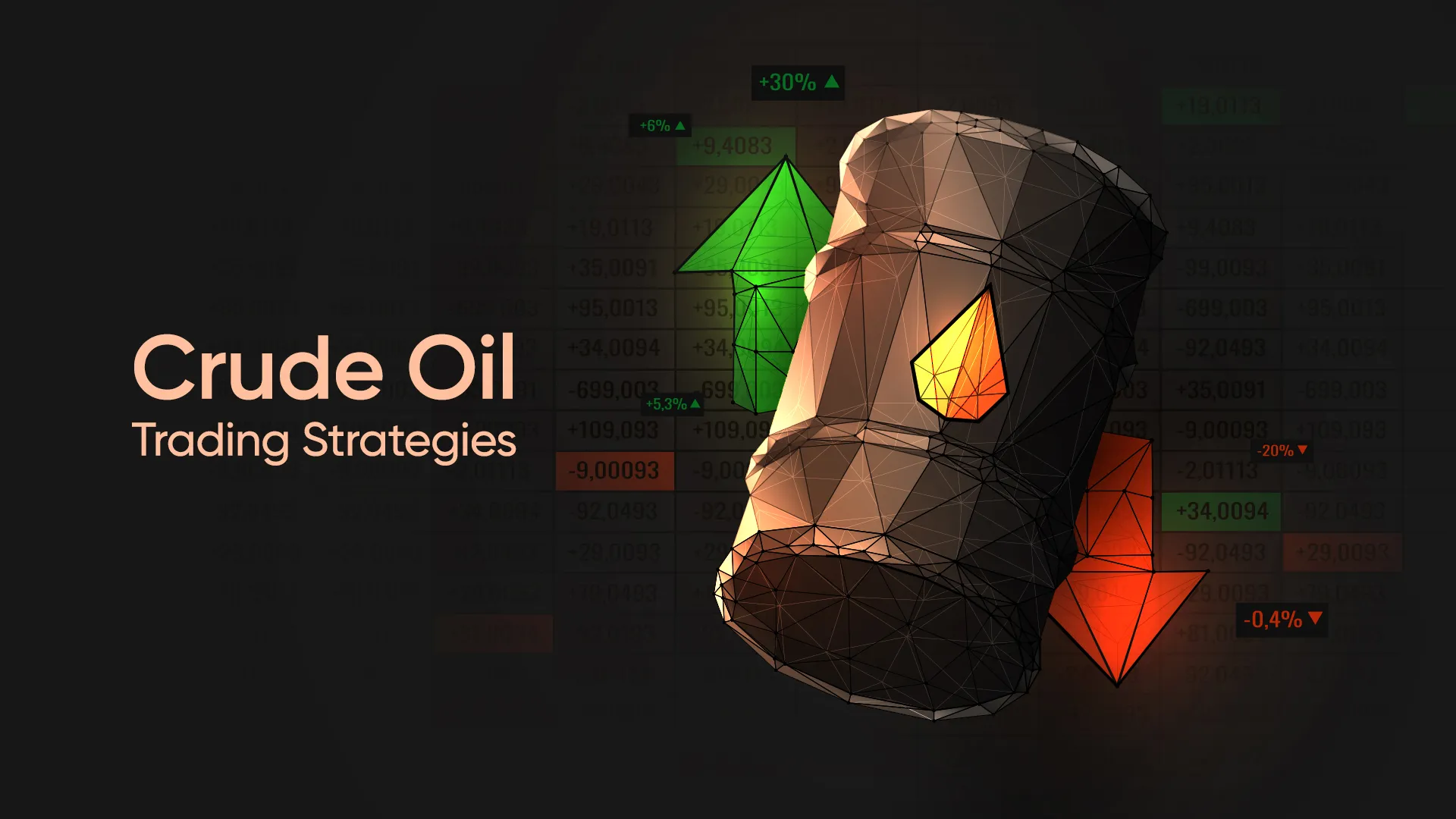
Top Tips and Strategies for Crude Oil Trading
The global oil complex is one of the most heavily traded commodities in the world due to its consistent market depth, robust participation, and various underlying factors. This offers active traders from around the world a wide range of targets.
Countless crude oil trading strategies are executed daily, both for hedging and speculative purposes, due to crude oil's immense popularity. Let's look at some crude oil hedging and speculative strategies.
Strategies for Trading Crude Oil: Hedging Versus Speculation
In crude oil trading, there is no shortage of ways to do so. Whether you are interested in outright futures, options on futures, or spreads, you can easily implement a hedging or speculative strategy that meets your needs. Ultimately, it falls on you to align available resources with trade-related objectives. Once you can accomplish this, you are able to select the best instrument, market, and strategy.
A crude oil trading strategy can be broken down into two categories at the end of the day: hedging strategies and speculative strategies.
Hedging
The use of hedging strategies to manage risk exposure on the open market is becoming increasingly popular. Crude oil derivatives are capable of handling a variety of risks related to systemic risk, currency risk, and financial risk.
For instance, futures or options contracts on North Sea Brent (Brent) or West Texas Intermediate (WTI) crude oil may be used to mitigate currency risk. In the petrodollar system, Brent and WTI are priced in U.S. dollars. As a result, if crude oil futures or options are net-long and the dollar loses value, the price usually rises. Market participants Who are net-long in crude oil futures or options are thus well-positioned to benefit from a falling dollar because of the petrodollar.
Large-scale producers often limit downside market exposure by opening short positions through crude oil futures and options, in addition to currency risk. Profits from outstanding short positions can partially or entirely offset deficits sustained from their business operations when WTI or Brent loses value.
Speculation
With high liquidity and volatility, crude oil markets are attractive to speculators. Policy changes, changing supply-demand levels, and geopolitical strife can cause WTI and Brent to trend rapidly. The result often spikes in volumes and volatility, with opportunities for speculators to profit from price fluctuations.
There are a significant number of traders who use intraday, day, or swing trading methodologies. Due to the reduced trade durations, capital can be regularly freed up and reintroduced into the markets regularly. Due to this flexibility, long-term investors will be able to save money on opportunity costs involved with long-term investment. The best way for crude oil speculators to trade is to buy and sell front-month crude oil futures and options.
Trading the News
There are many factors you need to consider if you are going to implement crude oil trading strategies. One of the most important is understanding the specific news cycle of the energy sector. For WTI crude oil futures and options, the following news items can spike volatility and increase risk while creating opportunity:
Weekly Statistical Bulletin of the American Petroleum Institute (API): The API report informs the public about the current state of crude oil and refineries in the United States.
In the same vein as the API bulletin, the Energy Information Administration (EIA) releases its weekly report every week. It is scheduled to be delivered every Wednesday at 10:30 a.m. EST. The EIA reports provide a comprehensive analysis of crude oil supply and demand as well as gasoline and distillates.
Brent futures and options may show some sensitivity to the EIA and API reports. Still, the action pales compared to what happens when an OPEC+ report is released. Brent is regarded as the premier international crude oil contract by traders, so any news from OPEC+ will dramatically impact Brent's price. Volatility can spike with the addition of new production cuts or expansions, as well as price cuts and hikes.
It is known that hedgers and speculators trade the news on a regular basis. Hedgers often use long-term strategies, such as buying deferred-month put and call options, to limit their exposure to changes in global supply and demand due to unexpected changes in the news.
As an alternative, speculators use several scalping crude oil trading strategies to take advantage of swift moves in crude oil prices following a news announcement from the API, the EIA, or OPEC+. This is typically done by buying or selling full-size, mini, or E-mini Brent and WTI futures contracts.